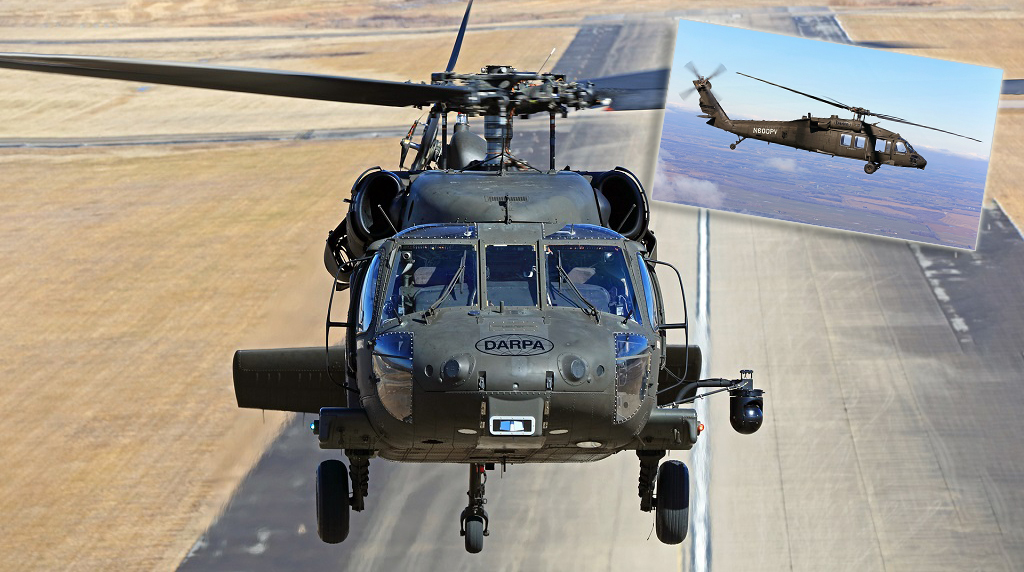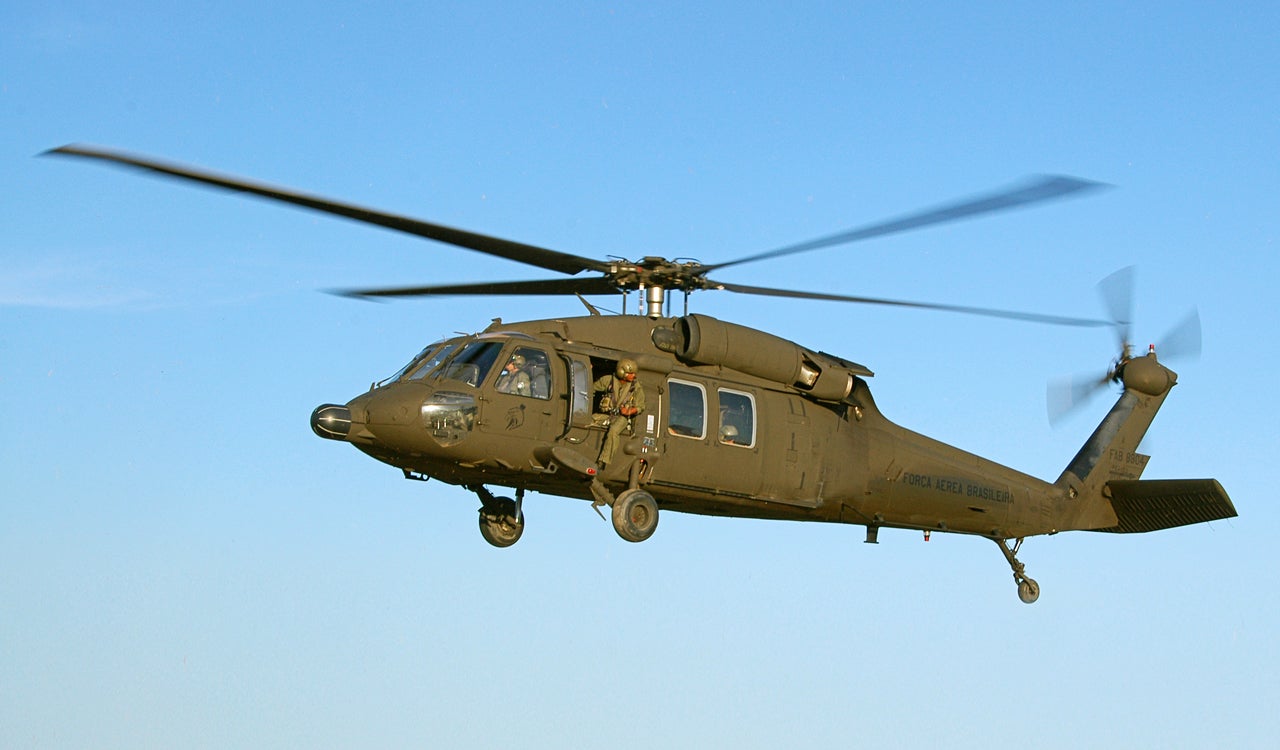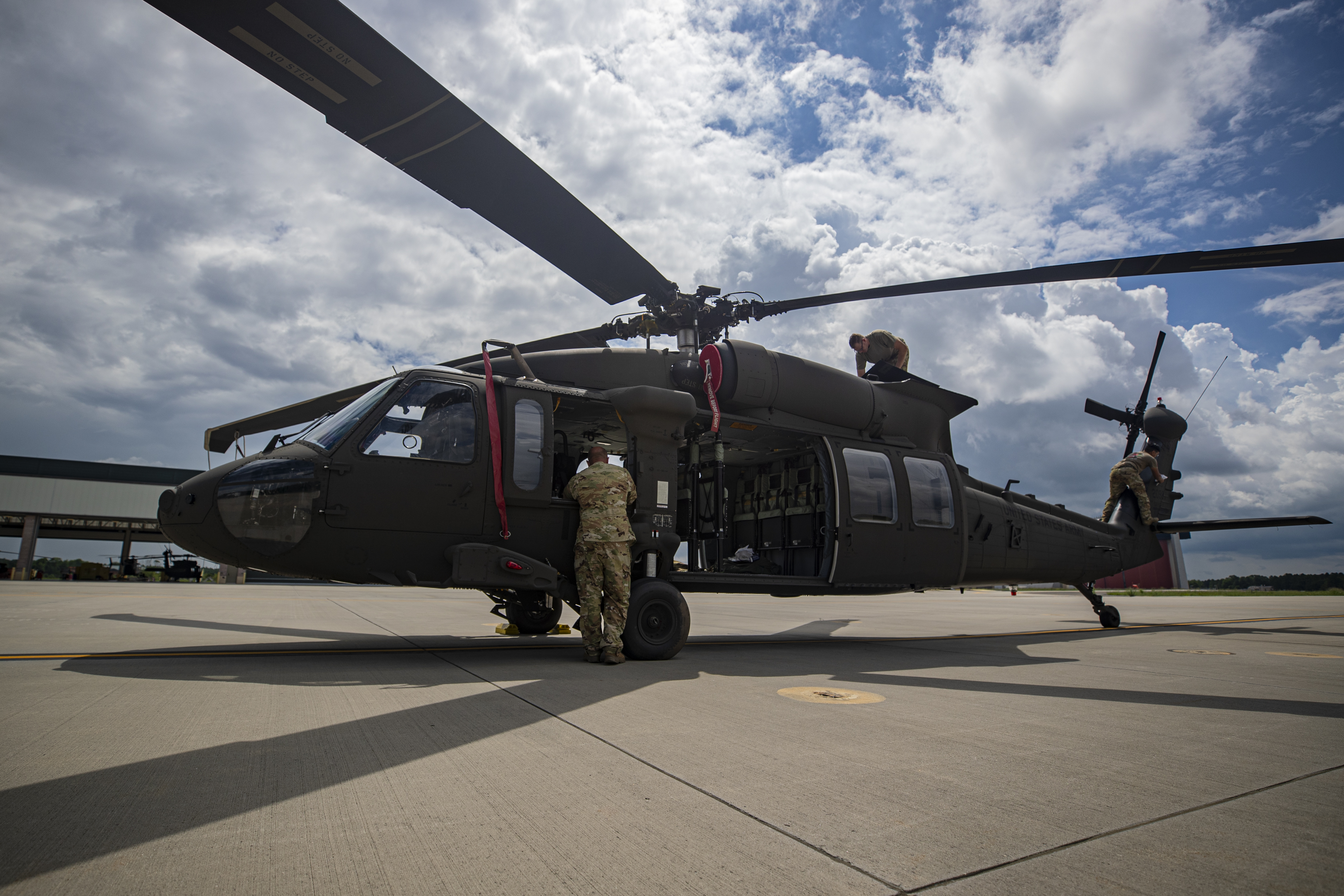UH 60 Black Hawk: From Concept to Modern Day Applications
UH 60 Black Hawk: From Concept to Modern Day Applications
Blog Article
The Impact of Sustainable Practices on the Future of Airplane Workflow and Emissions Decrease
As the aviation industry encounters boosting scrutiny over its ecological effect, the adoption of lasting methods becomes a vital pathway towards future aircraft operations and exhausts reduction. Innovations in lasting air travel fuels and innovations in hybrid propulsion modern technologies stand at the forefront of this improvement, appealing substantial decreases in greenhouse gas exhausts. Nonetheless, the successful assimilation of these initiatives rests on a range of factors, including governing frameworks and sector collaboration. The concern remains: how will these advancing techniques improve the characteristics of air travel and add to a more lasting future?

Overview of Sustainable Practices
Sustainable practices in aircraft procedures incorporate a variety of approaches intended at lowering ecological influence while keeping functional effectiveness. These methods are crucial in the aeronautics sector's dedication to reducing its carbon footprint and sticking to worldwide environmental criteria. Secret efforts include optimizing trip paths to decrease gas usage, boosting upkeep procedures to make certain airplane run at peak efficiency, and executing innovative innovations such as winglets and light-weight materials that boost the rules of aerodynamics.

Training and involving team on sustainability practices likewise play a crucial duty, promoting a society of ecological responsibility within companies. In general, the combination of these lasting methods not only assists decrease discharges yet likewise improves the long-lasting practicality of the air travel industry, guaranteeing it satisfies the needs of both consumers and regulatory bodies while contributing to international sustainability objectives.
Ingenious Fuel Alternatives
Numerous ingenious fuel options are arising as pivotal remedies to lower the aviation market's reliance on traditional fossil fuels. Among these options, Lasting Aeronautics Fuels (SAFs) have actually gained significant focus due to their prospective to reduce lifecycle greenhouse gas emissions by as much as 80% compared to standard jet gas. SAFs are originated from different feedstocks, including waste oils, farming deposits, and also algae, making them a versatile choice for the market.
One more promising choice is hydrogen gas, which, when utilized in gas cells, creates just water vapor as a byproduct. Additionally, electrical propulsion systems are being discovered, leveraging battery technology to power airplane.
Last but not least, biofuels originated from biomass are being explored, providing a sustainable option that can be mixed with typical gas. Jointly, these ingenious fuel options represent an essential action toward attaining a sustainable aviation ecosystem, straightening with worldwide discharges reduction targets and improving the industry's environmental stewardship.
Technical Improvements in Aviation

Exactly how can technological innovations improve the future of aviation? Developments such as electrical and hybrid propulsion systems are at the forefront, appealing substantial decreases in gas intake and greenhouse gas exhausts.
Moreover, the application of sophisticated materials, such as lightweight composites, adds to enhanced aerodynamics and fuel performance. Making use of expert system and artificial intelligence in trip operations maximizes route planning and minimizes gas burn by allowing real-time adjustments based upon weather and web traffic conditions. In addition, the development of self-governing and from another location piloted aircraft systems stands to transform freight and passenger transport, potentially boosting performance while decreasing human error.
Moreover, lasting aviation modern technologies, including advanced air traffic management systems, can minimize and improve operations blockage, causing lower emissions during trip. These developments jointly stand for a standard shift in aviation, promising a future where sustainability and operational efficiency are intertwined, thus supporting the market's commitment to minimizing its ecological influence.

Governing Structure and Compliance
In more helpful hints light of the expanding emphasis on ecological stewardship within the air travel sector, the governing framework controling airplane operations is progressing to promote lasting methods. Governing bodies, such as the International Civil Air Travel Company (ICAO) and different national air travel authorities, are introducing rigid guidelines targeted at reducing discharges and enhancing functional efficiency.
These guidelines frequently consist of the adoption of Sustainable Aeronautics Fuel (SAF), which has actually been recognized as a crucial component in accomplishing reduced carbon footprints. Moreover, conformity with these guidelines requires airline companies to implement sophisticated modern technologies and operational techniques, such as maximized flight paths and boosted air traffic administration, to decrease gas consumption.
In addition, the enforcement of exhausts trading schemes and carbon offsetting initiatives is ending up being progressively common, engaging airline companies to check and report their exhausts properly. Non-compliance can cause substantial fines, hence pressing drivers published here to focus on sustainability in their service versions.
Eventually, the progressing governing landscape not just drives advancement and financial investment in eco-friendly innovations however also fosters a culture of liability within the aeronautics sector. As these structures remain to establish, the focus on sustainable techniques will certainly be important to accomplishing the industry's long-term ecological objectives.
Future Patterns in Aircraft Procedures
As the aeronautics market adapts to a significantly strict regulatory atmosphere, future trends in airplane procedures are readied to concentrate on ingenious services that even more boost sustainability and performance - uh 60. Secret growths will likely include the adoption of sophisticated air web traffic management systems, which make use of real-time data and expert system to optimize trip paths, lowering fuel consumption and exhausts
Another substantial pattern is the raised combination of sustainable air travel fuels (SAFs) These options to standard jet gas, originated from renewable sources, can significantly decrease lifecycle greenhouse gas discharges. The sector's commitment to SAFs will likely increase as airlines work together with gas i was reading this producers to make certain availability and cost-effectiveness.
In addition, the push towards electrification and crossbreed propulsion systems is gaining momentum. Arising aircraft styles will certainly incorporate these innovations, supplying quieter and much more reliable procedures, especially for short-haul trips.
Verdict
The adoption of sustainable aviation fuels, coupled with advancements in hybrid and electrical propulsion systems, is crucial for decreasing lifecycle greenhouse gas emissions. Optimizing flight paths and welcoming ingenious innovations add to a quieter and more eco pleasant air travel field.
Developments in sustainable aeronautics fuels and developments in hybrid propulsion technologies stand at the center of this transformation, appealing considerable reductions in greenhouse gas emissions.Numerous cutting-edge gas choices are arising as essential options to lower the aeronautics industry's dependence on traditional fossil gas - uh 60. Among these choices, Sustainable Aeronautics Fuels (SAFs) have actually obtained substantial attention due to their potential to decrease lifecycle greenhouse gas emissions by up to 80% compared to standard jet fuels.Another considerable trend is the increased combination of sustainable aeronautics fuels (SAFs) The fostering of sustainable air travel gas, combined with innovations in electric and hybrid propulsion systems, is necessary for minimizing lifecycle greenhouse gas discharges
Report this page